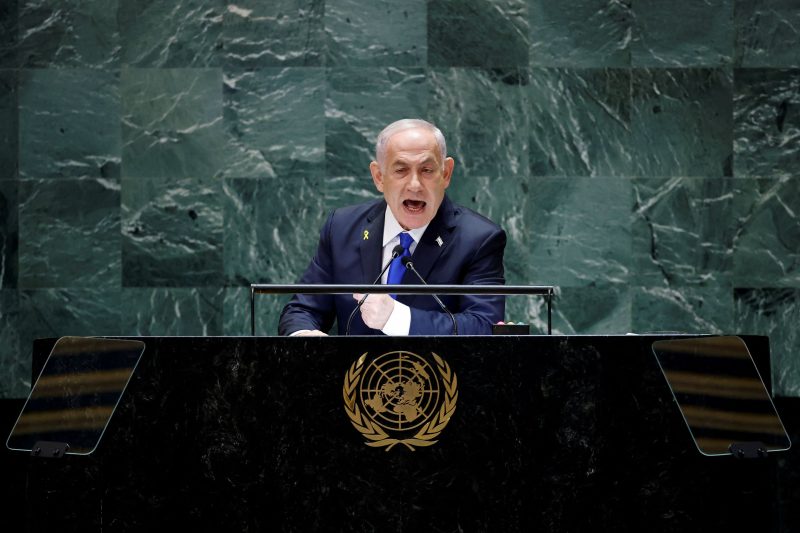In the midst of escalating tensions in the Middle East, Israeli Prime Minister Benjamin Netanyahu has declared his intent to uphold the ongoing conflict with Hezbollah, seemingly at odds with the United States’ efforts to establish a cease-fire agreement. Netanyahu’s defiant stance underscores the complexity of the geopolitical landscape in the region, where longstanding animosities and strategic interests intertwine to create a volatile environment rife with potential for further escalation.
The conflict between Israel and Hezbollah is deeply rooted in historical grievances and competing visions for the future of the region. Hezbollah, a Shia Islamist political and military organization based in Lebanon, has long been a thorn in Israel’s side, engaging in armed resistance against the Israeli occupation of Lebanese territory and challenging Israel’s military dominance in the region. The group’s ideology is grounded in the principle of resisting Israeli aggression and advocating for the rights of Palestinians, making it a key player in the broader Arab-Israeli conflict.
For Israel, Hezbollah poses a dual threat, both as a military adversary capable of inflicting significant damage on Israeli territory and as a proxy for its regional rival, Iran. As Iran’s primary ally in the region, Hezbollah provides Tehran with a strategic foothold on Israel’s northern border and serves as a key actor in Iran’s efforts to project power and influence throughout the Middle East. Israel’s determination to confront Hezbollah is thus driven not only by its immediate security concerns but also by its broader goal of containing Iran’s regional ambitions.
Against this backdrop, the United States has sought to broker a cease-fire agreement between Israel and Hezbollah in an effort to de-escalate the conflict and prevent further bloodshed. The U.S., as a key ally of Israel and a major player in the region, has a vested interest in maintaining stability and preventing the outbreak of full-scale war that could have far-reaching consequences for the entire region. By advocating for a cessation of hostilities, the U.S. aims to create space for diplomacy and dialogue to address the root causes of the conflict and prevent its escalation into a wider regional conflagration.
Netanyahu’s rejection of the U.S.-backed cease-fire plan underscores the challenges inherent in resolving the conflict between Israel and Hezbollah. For Netanyahu, the prospect of backing down in the face of international pressure carries significant political risks, both domestically and internationally. His defiance reflects a calculation that maintaining a tough stance against Hezbollah is essential for preserving Israel’s security and deterring future attacks.
As the situation continues to evolve, the stakes remain high for all parties involved. The specter of a full-scale war between Israel and Hezbollah looms large, threatening to engulf the region in yet another cycle of violence and suffering. The delicate balance of power in the Middle East hangs in the balance, with the potential for unforeseeable consequences that could reshape the geopolitical landscape for years to come.
In the coming days and weeks, the world will watch closely as events in the Middle East unfold, hoping for a peaceful resolution to the conflict between Israel and Hezbollah. The path to lasting peace and stability remains uncertain, clouded by the complexities of history, ideology, and geopolitics that continue to shape the region. Only through bold leadership, strategic foresight, and a commitment to dialogue and compromise can the parties involved hope to chart a course towards a more peaceful and secure future for all.

